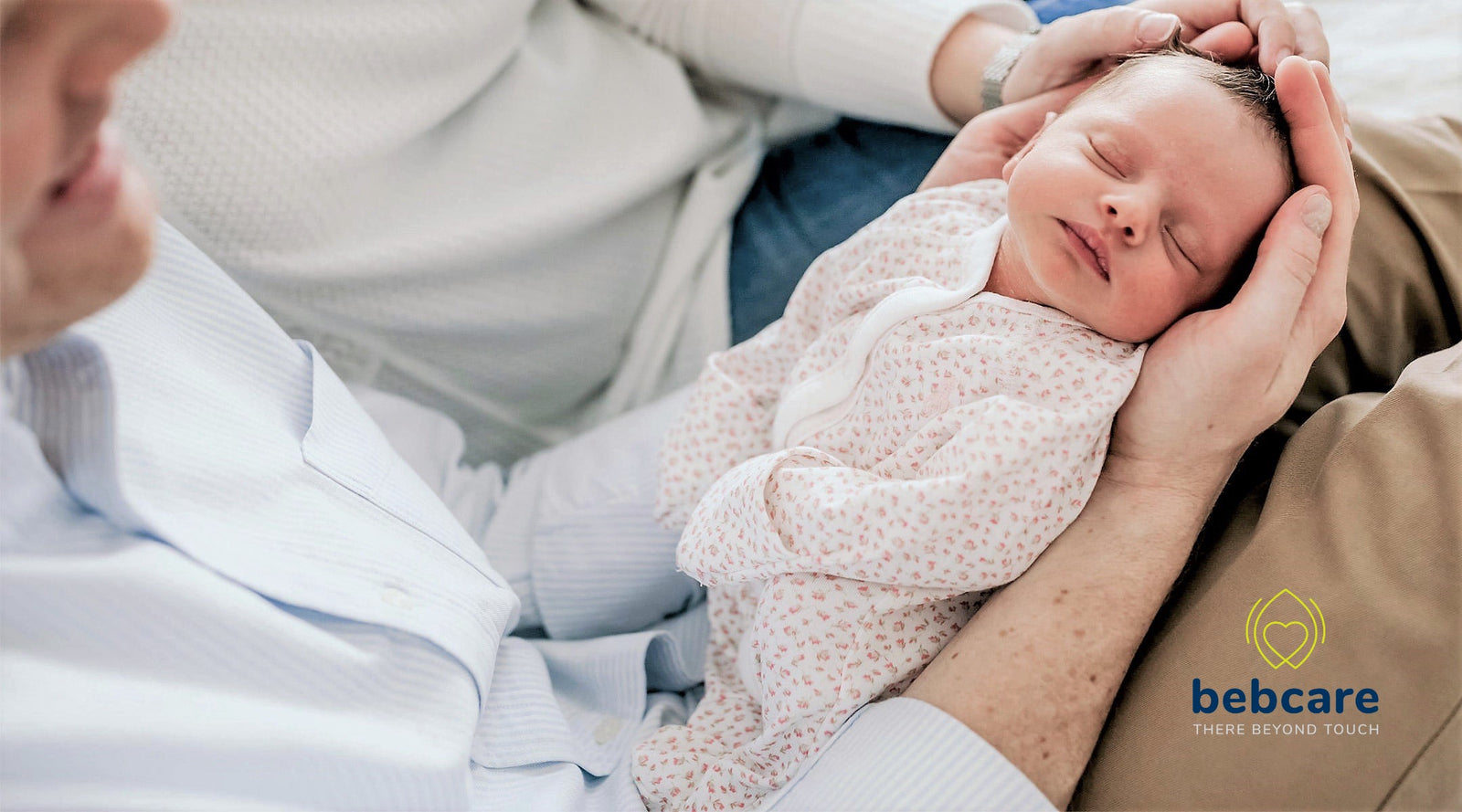







A newborn baby doesn’t come with a set of instructions, so how do you know what to do? When you have developmental tasks like eating and sleeping taken care of, next you should focus on bonding and creating trust between you and the baby. Bonding is the close attachment and feeling between parents and babies. It’s how we, as parents, develop an instinct to care for our young and guarantees that they will be nourished and protected.
Parents who have a strong bond with their babies will hear them cry in the middle of the night and wake to attend to their needs, even if they are deep sleepers. Being able to wake up despite in deep sleep is the parental instinct kicking in, thanks to good bonding. Sometimes bonding happens immediately after birth, sometimes bonding takes time. And sometimes, unfortunately, bonding fails to happen altogether. In fact, a study from Princeton published in 2014, revealed that one in four children never form a strong bond with their parents.

Bonding may seem like a brainless task any parent will do automatically. However, bonding is beyond caring for your babies. Bonding makes babies feel safe and secure and helps them feel worthwhile as human beings, and not just needy little bundles that don’t let their parents sleep.
The aforementioned study mentioned found that the 40% of babies who never experience bonding grow up to become aggressive and defiant with a tendency to hyperactivity. 25% of those children failed to bond because parents didn’t respond to their needs. In other words, just by responding to your baby’s needs, you are bonding with your baby already!

Bonding creates a strong attachment between you and your child. To better understand how to foster a strong attachment relationship, I came across the principles of “attachment parenting”, which emphasizes the nature of the relationship between children and the parents. This means a ‘child-centered’ approach to parenting, which came naturally to me as a parent anyway. I found 4 things that helped me in creating a healthy attachment relationship with my baby: 1) co-sleeping, 2) feeding on demand, 3) holding and cuddling and 4) responsiveness to crying. But, let’s say a few weeks or months have gone by and your baby still seems like a stranger to you. It is probably a good idea to speak to your baby’s doctor at this point. As a new parent, its best to have a professional tell you whether you need to seek help or just give some more time and effort to get that connection going.

Parenthood is never easy, but after adopting the attachment parenting approach, my youngest son wasn’t crying as often, he threw fewer tantrums and was easier for him to adjust in daycare. At the end of the day, even as your child strives to become his own person, he can't break the bond he has with you. You have a connection that goes back to before he was born, one that's propped up by affection, memories and, yes, hormones.
We hope this has been useful advice to you. If you have any thoughts on parenting, you can contact our teams at hello@bebcare.com or follow our Twitter @bebcare, and don't forget to visit our online store to buy your baby monitor!
Leave a comment